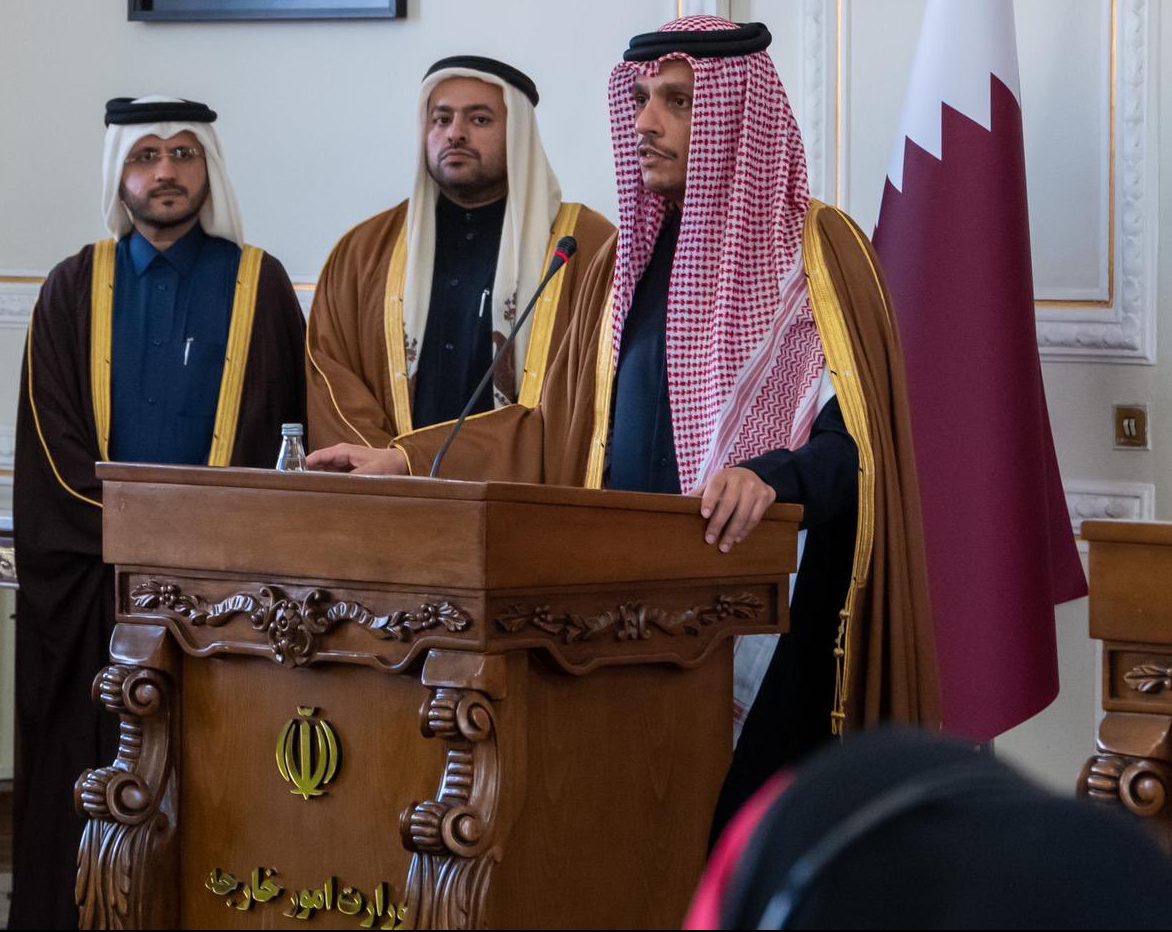Regional tensions have particularly soared since Israel’s assassination of Hamas political chief Ismail Haniyeh in Tehran on July 31.
Qatar’s Prime Minister and Minister of Foreign Affairs, Sheikh Mohammed bin Abdulrahman Al-Thani, is reportedly visiting Iran “in the coming days” amid ongoing efforts to prevent further escalations within the region.
Iran’s semi-official Tasnim News Agency broke the story on Sheikh Mohammed’s reported visit on Thursday, saying he will hold “a series of negotiations” with senior Iranian officials in Tehran, including the newly appointed foreign minister Abbas Araghchi.
The report said the senior Qatari official will discuss Doha and Tehran’s relations in addition to “major regional issues.”
However, Qatar has not publicly commented on the reported visit.
Sheikh Mohammed’s visit to Tehran would come as Qatar continues to play a crucial mediation role alongside Egypt and the United States in hopes of reaching a ceasefire in the Gaza Strip.
A round of talks took place in Doha between August 15-16 but resulted in no breakthrough amid the months-long stalemate in the negotiations.
The Israeli war in the Gaza Strip has persisted for more than 10 months, killing at least 40,265 people in the besieged enclave. Israeli Prime Minister Benjamin Netanyahu has repeatedly refused to end the war and completely withdraw from Gaza.
A new round of talks is scheduled to take place in Cairo this week, though Egyptian officials told the Associated Press (AP) on Thursday that Hamas will not agree to the latest bridging proposal mainly due to Israel’s refusal to fully withdraw from the Gaza Strip and end the war.
“The Americans are offering promises, not guarantees,” an official told AP.
“Hamas won’t accept this, because it virtually means Hamas will release the civilian hostages in return for a six-week pause of fighting with no guarantees for a negotiated permanent cease-fire,” they added.
The war triggered regional flare ups including in the borders between Israel and Lebanon as well as the Red Sea.
Regional tensions have particularly soared since Israel’s assassination of Hamas political chief Ismail Haniyeh in Tehran on July 31 and the Israeli assassination of Hezbollah commander Fouad Shukur in Beirut on July 30.
To date, Israel has neither confirmed or denied killing Haniyeh despite global condemnations, including from mediators Qatar and Egypt.
Iran and Hezbollah have since vowed to retaliate against Israel, raising concerns over the outbreak of a regional war.
Last week, Qatar’s prime minister held a phone call with Iran’s Acting Foreign Minister at the time, Ali Bagheri Kani, where they discussed the latest developments in mediation efforts.







